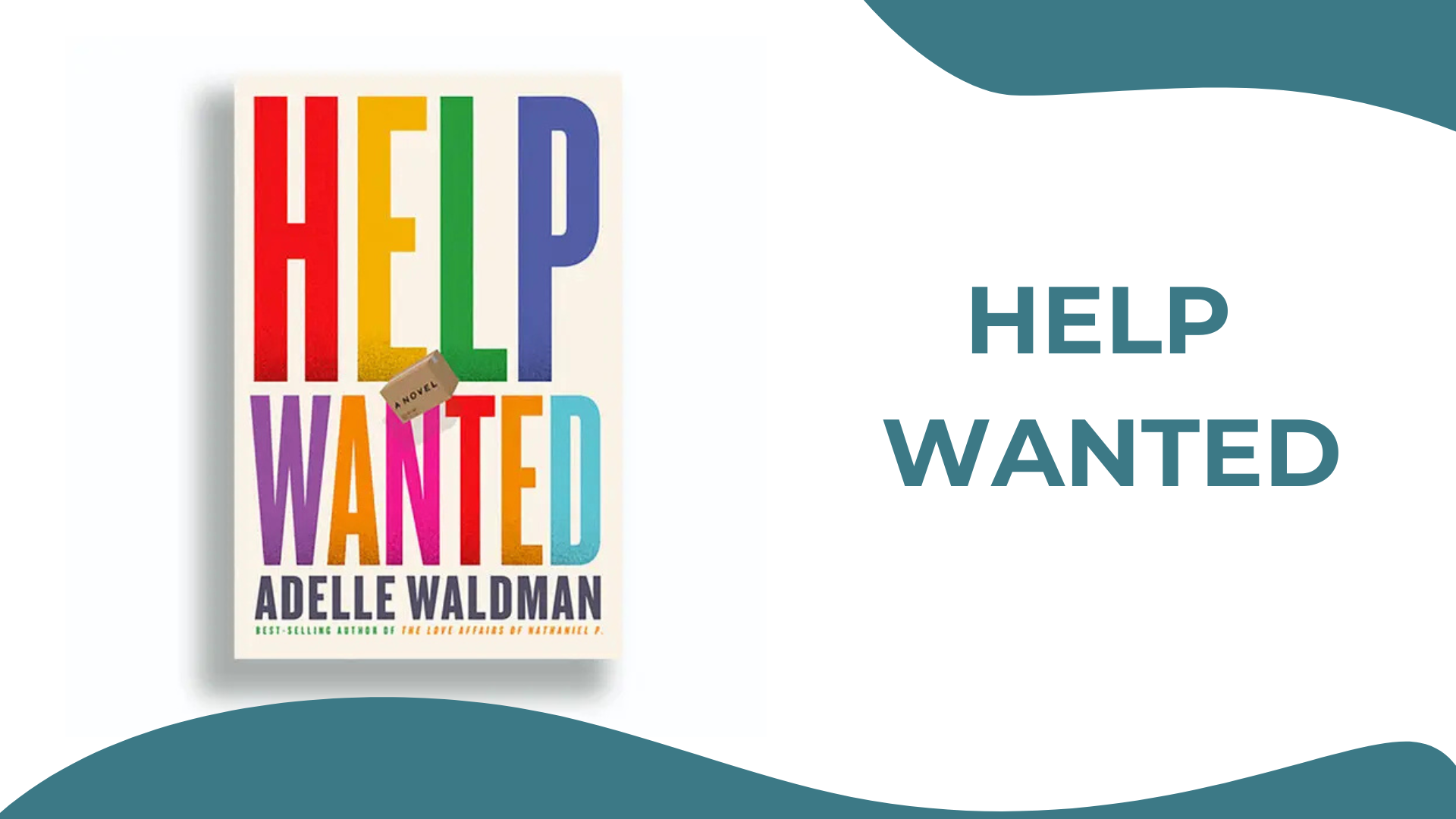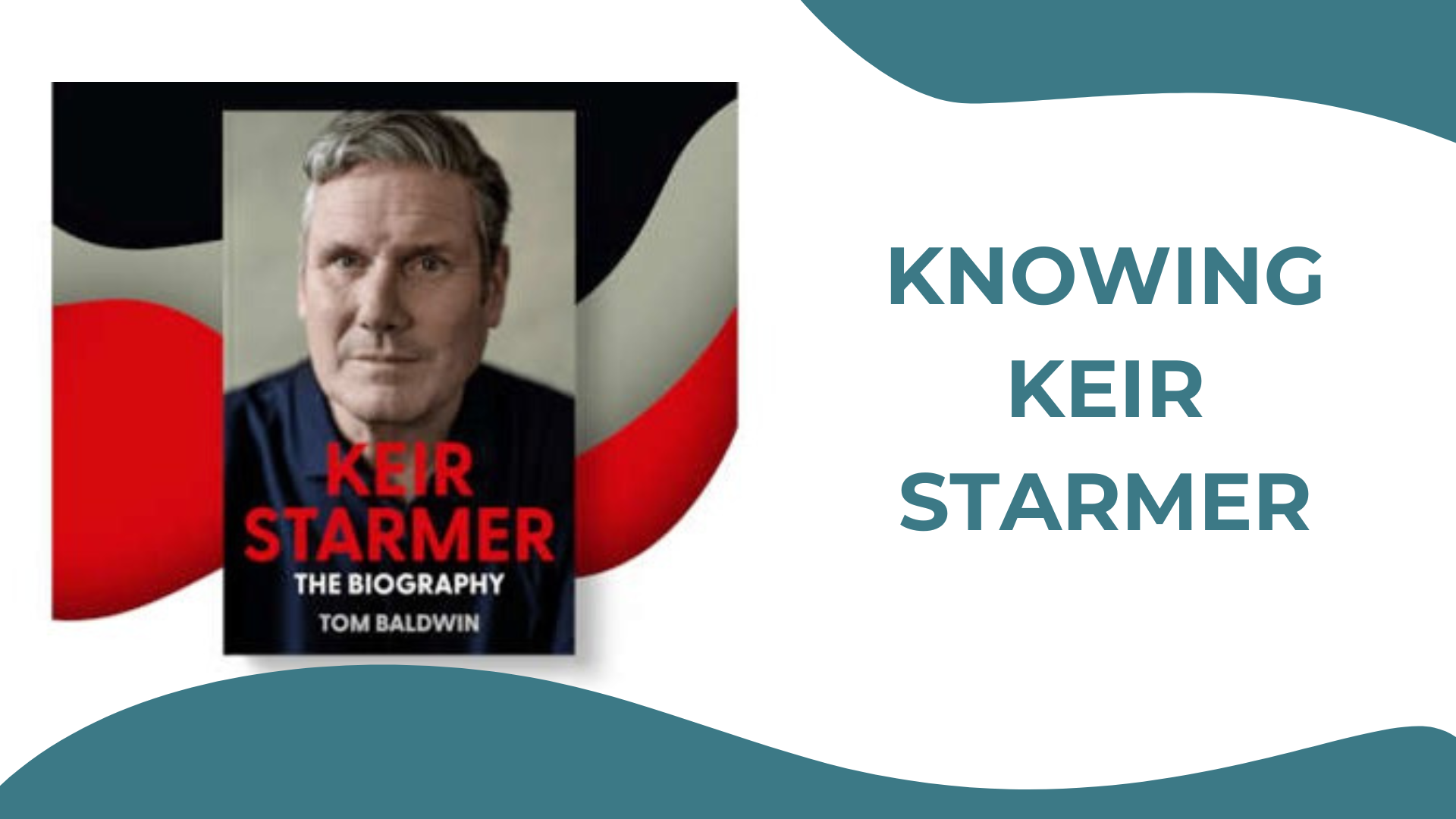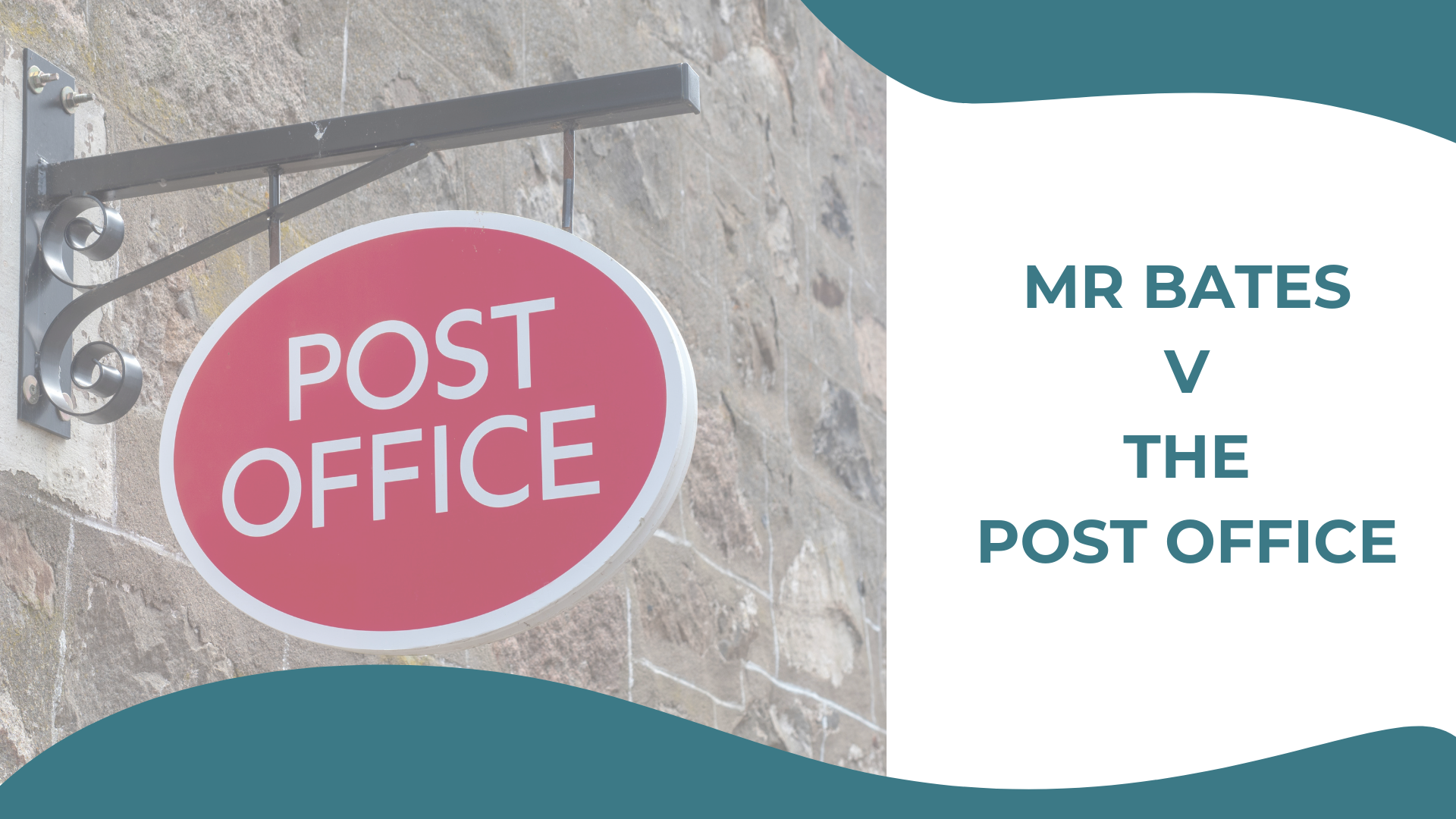This second of three articles on People ‘Bridges to the Future’ explores three critical skillsets people professionals must excel in to ensure the human side of organisational life flourishes during this age of disruption.
For over 20 years Mightywaters has helped HR/People Functions, across many different sectors, develop operating models that deliver value to their organisations. One of the key strands of this work has been to shift the capability and culture within the Function. This process of renewal needs to be seen as a journey, rather than a destination. New insights, that challenge our practice as people professionals, are emerging all the time.
The three critical skill sets below are examples of how new insights are shifting the role of people professionals:
Organisational Consulting Skills
The field of human and behavioural science is fast-changing. We draw on different fields of practice – traditional domains such as psychology and sociology; adjacent domains such as marketing and design thinking and emerging domains such as neuroscience and behavioural economics. Each is providing us with rich evidence-based research into how individuals, groups and organizations tick. It’s important to harness this research to inform our practice.
The heartbeat of delivering organisational agility, flexibility, innovation, competitive advantage, customer excellence, digital, collaborative working, new operating models and so on, are our people. How we organise around a common purpose to get work done in ways that are healthy and sustainable and which releases the potential within each person, is the food and drink of the people professional. It’s what we should excel at and what our colleagues value us for.
Data Analytics and Insights
People professionals must also be confident in handling data and turning information into insights. Data is a springboard for enquiry and insight. Data of itself does not equal truth. Our interpretation of data can be subjective or be guided by prevailing norms. Reports should frame discussions, stimulate inquiry and lead to decisions. Here are some examples of the kind of data that we need to really understand:
- Connecting data: I have been a Personnel Today Awards judge in the employee engagement category for the past 5 years. Award-winning entries have connected data in a powerful way, showing the relationship between organisational purpose, employee engagement, customer experience and organisational performance.
- Workforce demographics: Knowing the kind of people we have; where they want to work and how they want to work. A shift is required from counting to understanding the motivations and drivers of our people.
- People capability: Understanding the capability we already have within our workforce and the capability gaps. This will inform decisions on where and how we need to build and develop the capability of our people; buy in new capability through talent acquisition or borrow capability, through working with consultants and other partners for a season.
- Culture and Experience: Measuring our culture and the experience people have of work. Here there is much to learn from colleagues in marketing and customer/user experience experts.
Digital HR
People professionals must be influencing the introduction of any technology that touches an employee. We must understand how digital enables the employee experience. We must work hand in glove with tech colleagues to consider the people-technology dynamic.
This means that HR will be less about record keeping, data management and reporting and much more about creating the organisational infrastructure that deploys technology in ways that drive a powerful employee experience. The digital world opens up many possibilities to improve communication, virtual working, learning, information/insights and real-time feedback.
In a world of remote and virtual working, where there are high expectations to access learning, people processes, advice and guidance, and other resources on demand. Digital HR will be at the heart of the people delivery model and people professionals must be tech-savvy.
As you reflect on your people skills or those of people professionals in your organisation, consider these questions:
- What are the biggest people and organisational issues faced in your business?
- Which of the critical skillsets discussed in this article will be most valuable to address these tricky people and organisational issues?
- How would you rate your command of the new skillsets outlined above in the areas of organisational consulting, digital and data?
In our first article, we presented research findings (which were discussed in a Personnel Today webinar co-presented by Mark) and explored how organisations are refocusing on people. You can read other articles in this ‘Bridges to the Future’ series here.




